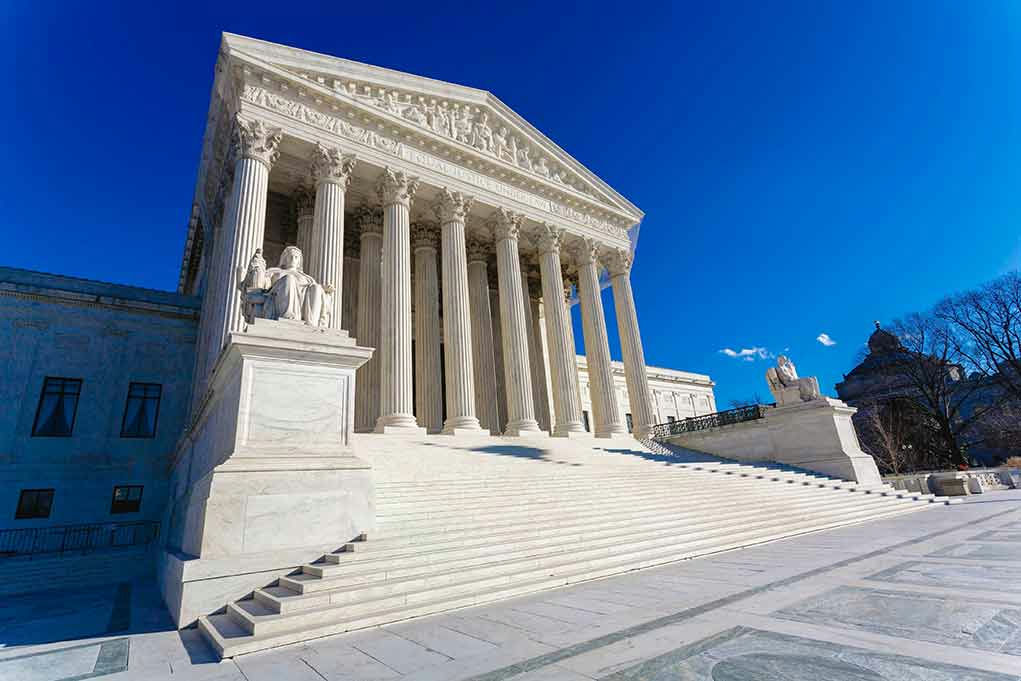In a landmark decision shaking the very foundations of presidential accountability, the Supreme Court has handed down a ruling that some fear could grant former presidents, including Barack Obama, a sweeping shield from prosecution.
The Supreme Court’s Ruling
The Supreme Court’s decision in *Trump v. United States* on July 1, 2024, has caused a political and legal whirlwind. By a 6–3 vote, the Court determined that former presidents have absolute immunity for “core constitutional” acts and presumptive immunity for other official acts, with no immunity for unofficial acts. This ruling comes after Donald Trump was indicted in August 2023 for attempting to overturn the 2020 election results. Lower courts dismissed Trump’s immunity claims, but the Supreme Court’s conservative majority took the case, setting a new precedent.
The ruling applies not only to Trump but also to all former presidents, including Barack Obama. Legal analysts like CNN’s Jeffrey Toobin have highlighted this point, noting that under the new precedent, Obama could not be prosecuted for official acts, even if there were evidence of criminal conduct, which there is not.
Impact on Presidential Accountability
This decision has sparked intense debate over its implications for presidential accountability. Critics, including civil liberties groups like the ACLU, argue that creating a “king-like immunity” for presidents undermines the rule of law and could encourage executive overreach. They fear this could embolden future presidents to exploit their powers without fear of legal repercussions once they leave office.
Remember, since they prosecuted Trump, SCOTUS gave us a roadmap on how to prosecute a former President. It said that Presidential acts have immunity. Obama was not acting as a President when he promoted a fabricated story about Trump and Russia.
He’s fair game. pic.twitter.com/83j8NTmnxr
— ⚓️ Sailor Jim 🔱 (@JimHendley4NC) July 21, 2025
Supporters of the decision, however, claim it is essential to protect former presidents from politically motivated prosecutions. They argue that the ruling preserves the independence of the executive branch, a point Chief Justice John Roberts emphasized in the majority opinion.
Legal and Political Ramifications
In the short term, Trump’s criminal trial faces delays as the courts now must determine which of his alleged acts are immune under the Supreme Court’s new standard. This could have significant political ramifications, especially with the 2024 presidential election on the horizon.
I see the Liberals and pundits on Fox News already spewing:
“Thanks to the Immunity Rule by SCOTUS, Obama will benefit from it.”
False.
Not Treason.
Not Murder.
Fox and others fall under the War Time President Orders and 47 USC §606…
The Libtards don’t. Best get to… pic.twitter.com/PhxD8ZjnOR
— Derek Johnson (@rattletrap1776) July 24, 2025
The ruling also presents long-term implications by potentially deterring future prosecutions of former presidents for their official actions. This shift in legal standards may influence how Congress drafts laws related to presidential accountability and could affect future investigations into presidential conduct.
Reactions from Experts and the Public
The legal community remains divided over the Supreme Court’s decision. The Constitutional Accountability Center and the ACLU criticize the ruling as inconsistent with the constitutional text and history, which they argue do not provide immunity for presidents. They warn that this decision could lead to unchecked presidential power and erode democratic accountability.
Conversely, some legal scholars and political figures support the ruling, viewing it as necessary to prevent the judiciary from becoming a tool for political retribution against former presidents. The public remains engaged in this heated debate, questioning the balance between protecting the presidency and ensuring accountability.
Sources:
Constitutional Accountability Center

